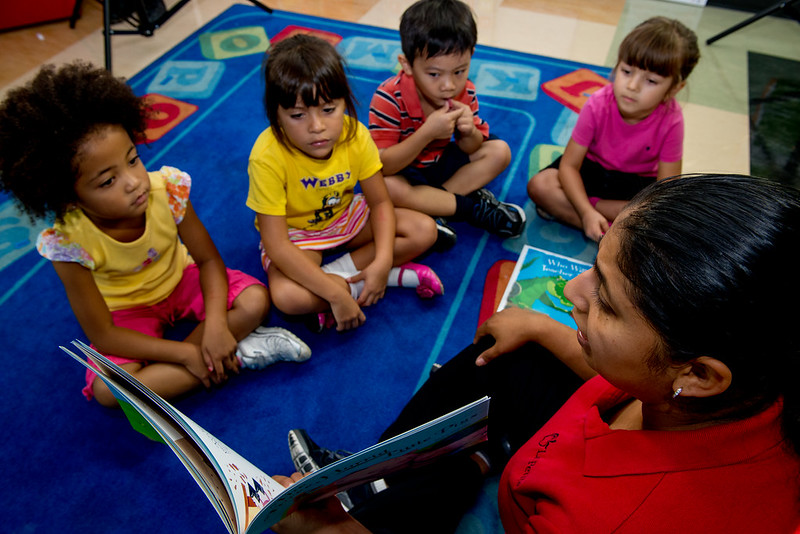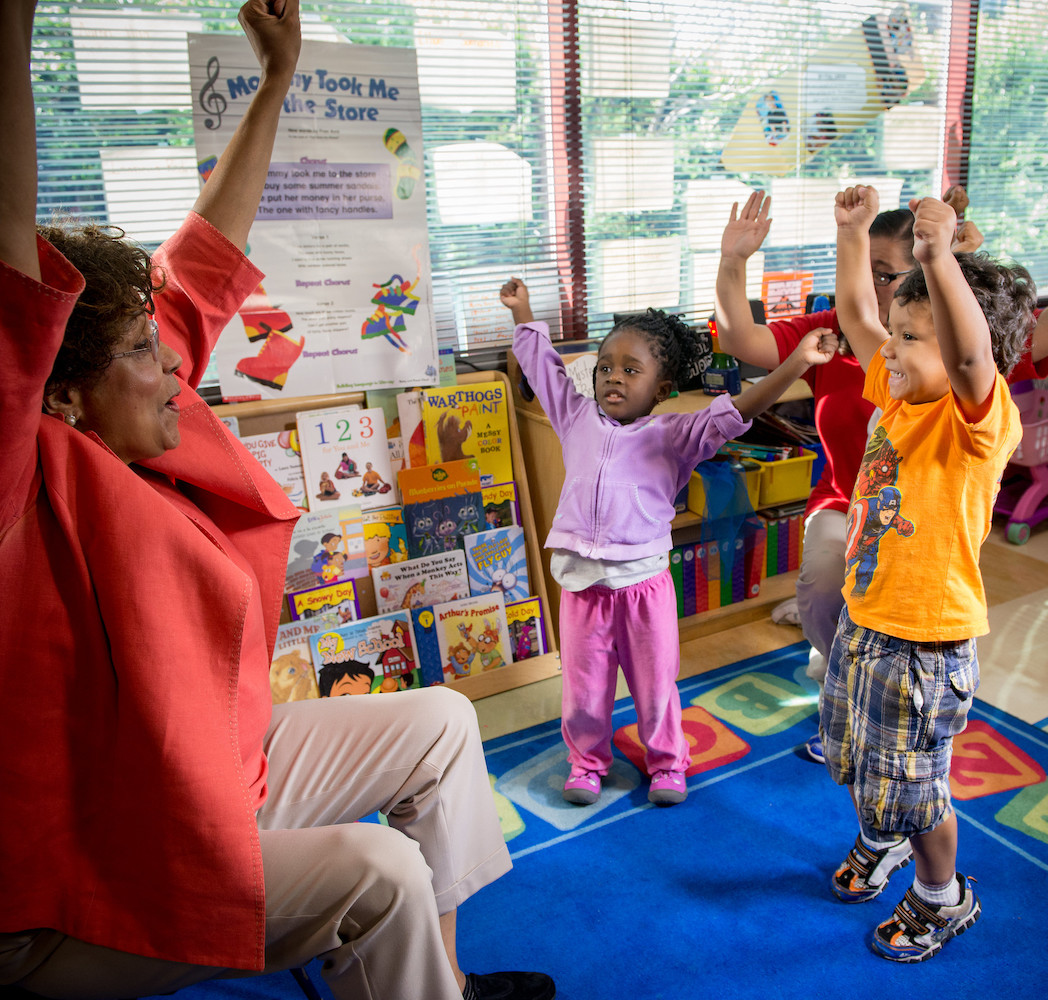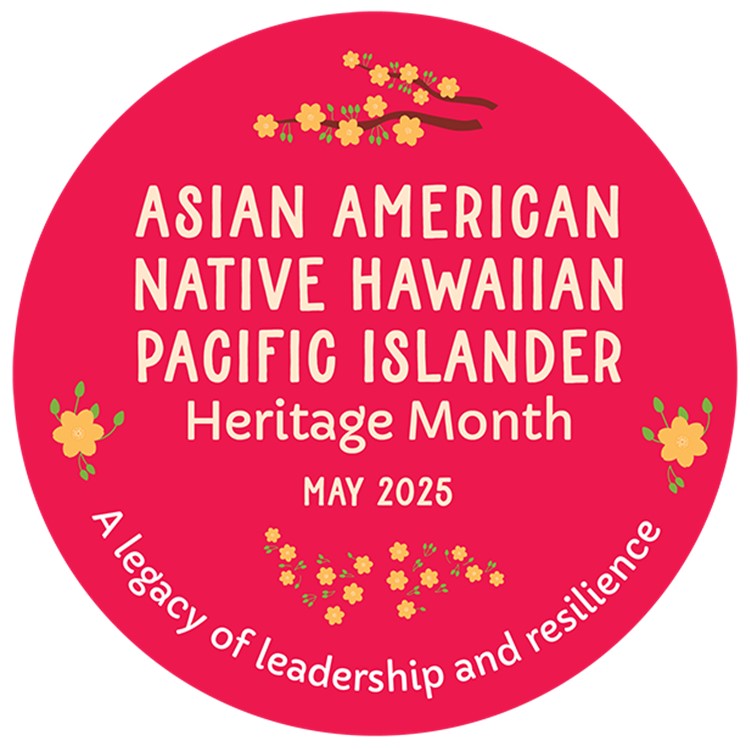November 18, 2021 | This op-ed was originally published in La Opinion.
In today’s economy, bilingualism has never been more important, relevant, or necessary. More than half of the world’s population is bilingual or multilingual, with bilingual speakers found across the globe in all socioeconomic levels and age groups.
In California, more than 60% of children under the age of five speak a language at home other than English. When that home language is supported, children typically do better in school and outperform their monolingual peers. But we must nurture that talent. For too long, educators have provided little attention or support for dual language learners’ unique developmental needs. It’s time for our education system to provide learning experiences for all students to become multilingual.

All children are born with the capacity to learn two or more languages. Research shows that children who develop their home language and English early in life reap life-long benefits. They develop enhanced cognitive skills, generate better academic outcomes, and have a lower risk of developing dementia and Alzheimer’s disease. Bilingualism also improves communication abilities and becomes a marketable employment advantage. Finally, bilingualism opens avenues for greater self-esteem, a stronger sense of identity and enhanced awareness of cultural diversity.
Given the benefits, it is critical to support educators to develop pedagogic skills, and cultural competency so they can create rich early learning experiences for dual language learners and cultivate an environment of inclusivity – even if they don’t speak the language themselves.
“When our early education system embraces families and supports educators, a rich, diverse, and inclusive learning environment is created that nurtures dual language learning, preparing children for not only academic and economic success, but opens up doors to interacting with the world around them.” – First 5 LA Commissioner Dr. Marlene Zepeda
Efforts to support families and early educators in L.A. County are underway. Quality Start Los Angeles (QSLA), a collaboration of seven agencies focused on early learning, (including First 5 LA, Child360 and Child Care Alliance of Los Angeles), recently launched the Dual Language Learner Initiative. Designed to support educators and families of dual language learners, this initiative provides early learner educators access to 12 free trainings that address all aspects of dual language learner’s development, including math, literacy, performing arts and the importance of the social-emotional development. This initiative encourages parents to continue to use their home languages with their children through storybook reading and use in everyday activities.
Fluency in more than one language provides tremendous opportunity and advantage that parents can start to foster in the early years of their child’s learning. When our early education system embraces families and supports educators, a rich, diverse, and inclusive learning environment is created that nurtures dual language learning, preparing children for not only academic and economic success, but opens up doors to interacting with the world around them.










